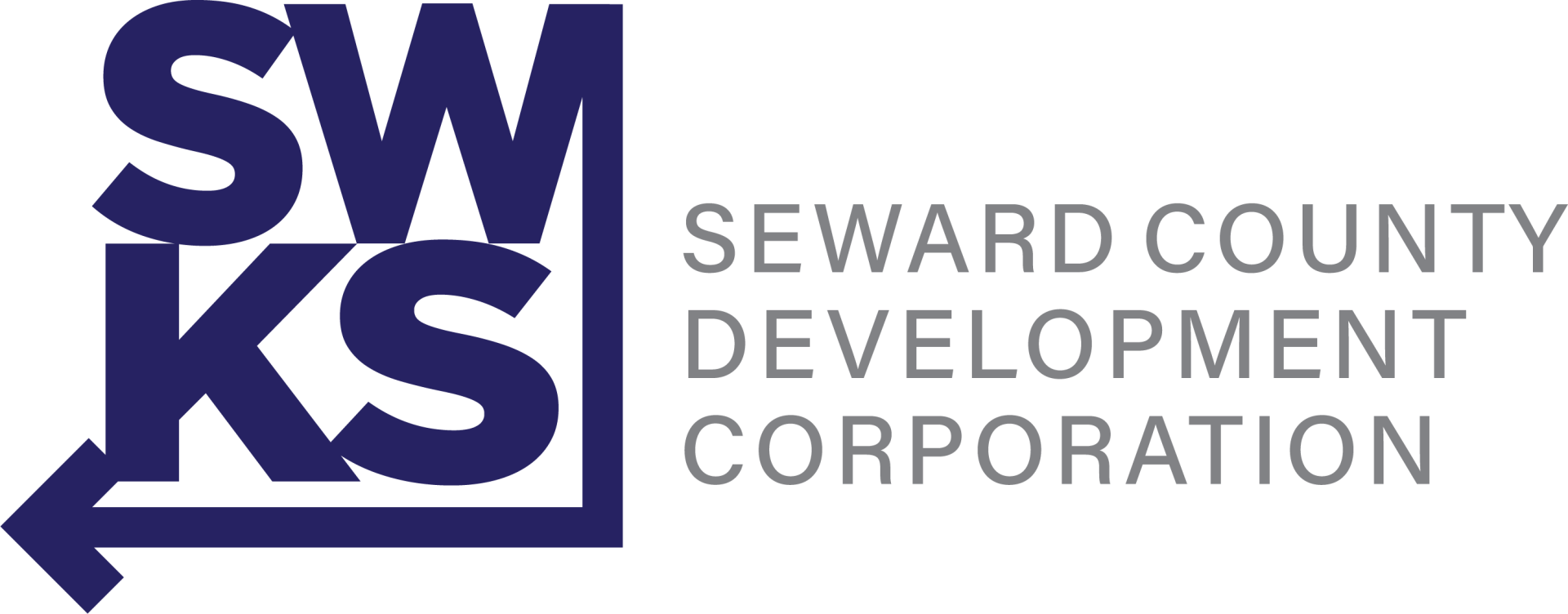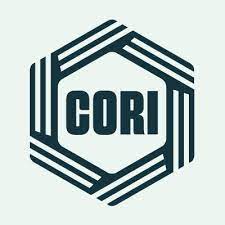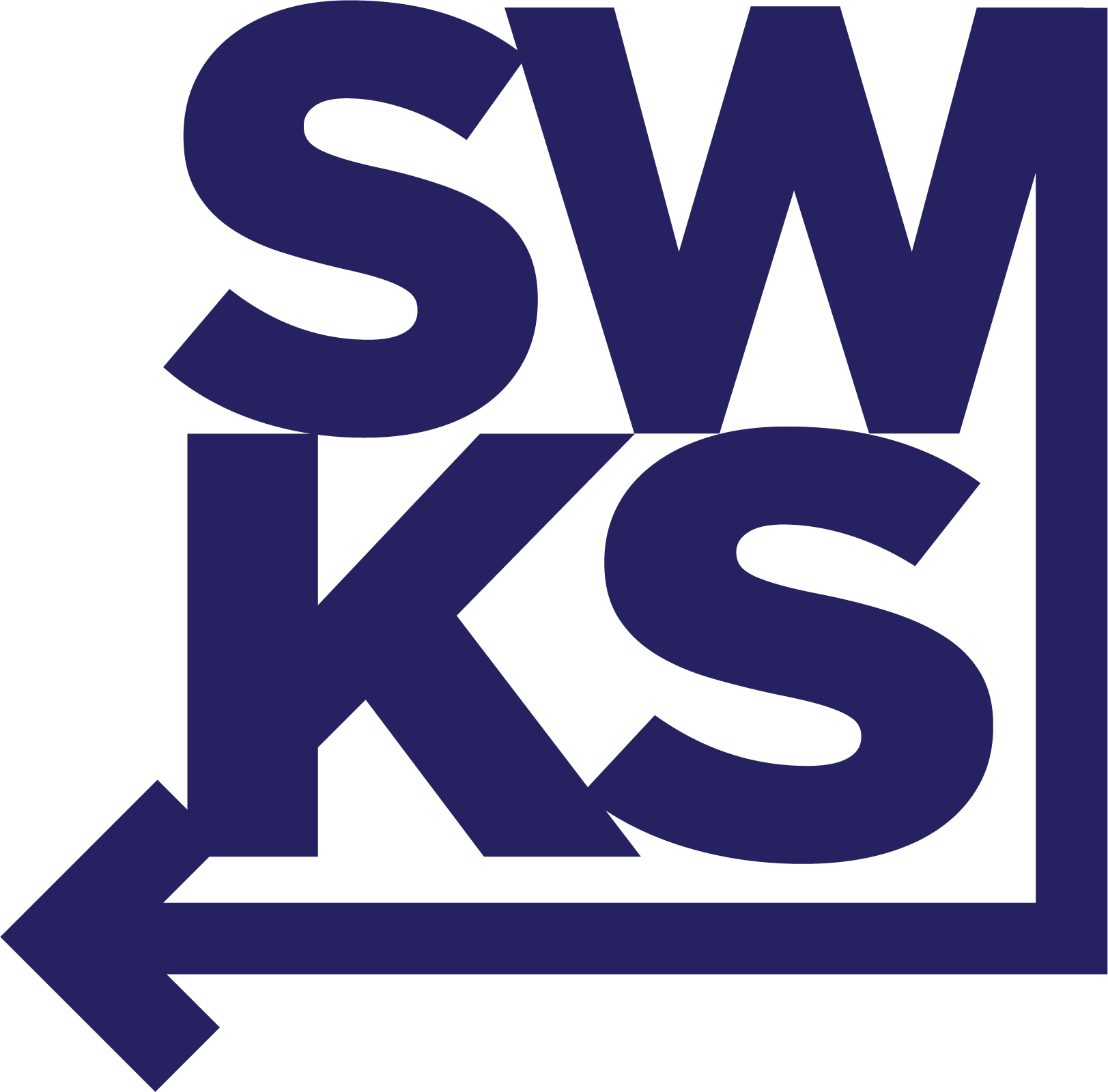September 2021 Newsletter
A History of Community Champions
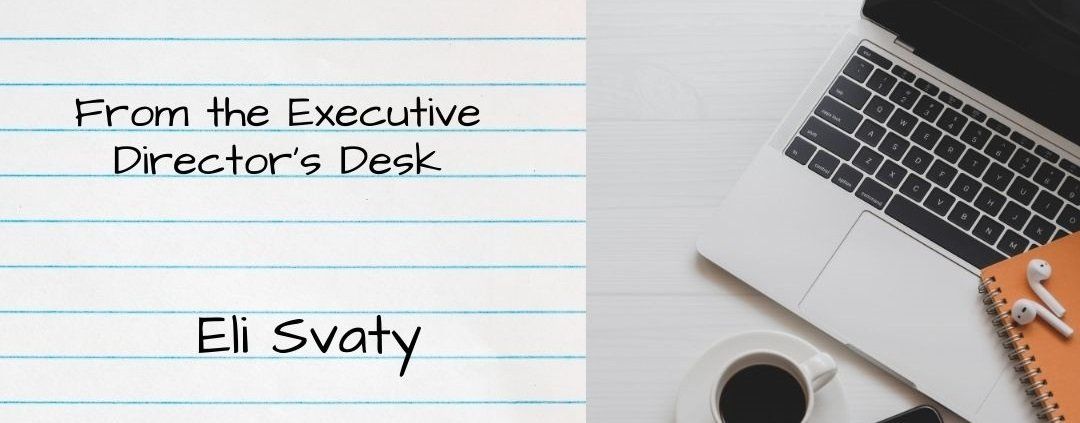
Those of you who have known me for some time know that I'm not a local. My dad's family homesteaded in Ellsworth County in the 1860s, and my mom's family worked on the railroads in the Wichita area. I was raised on a farm just south of Ellsworth, and if you've driven Highway 156 between I-70 and Great Bend, then you've passed my childhood home many times. In fact, the highway dissects the quarter of ground that my grandfather and his friends broke by horse and plow in the early years of the 20th century. I haven't lived there in nearly twenty years, but I can still tell you the names of the prominent families that settled that region: Wellington, Larkin, Seitz: Their efforts, buildings, and businesses still have an impact today.
I tell you this about my history to share that after fifteen years in Liberal, I have come to love and appreciate the community and the people who worked so hard to create a place for families and businesses to succeed. Our local history is peppered with entrepreneurs who built businesses from scratch, some of which have grown to become national and global leaders in the industry. But the real topic of today's writing is the community leaders who sacrificed time, energy, and money in an effort to make the community better.
While this list--extending to the 1880s--could be quite long, I'll only look at a few today. The point is not to provide an exhaustive list but a representation of some of predecessors and how their efforts shaped our lives. Some links to these histories are provided. For the others, you'll just have to grab a cup of coffee with a local history buff and see what you can learn about them.
If we begin at the beginning (not including Seymore Rogers), these five families deserve to be recognized for their work: Baughman,
Davies, Keating, Smith,
Feather, and Brown. While some of the names are still familiar, the stories of their histories and the town's history are inseparable. Not native, these families uprooted and journeyed to the high plains for opportunity. Once here, it was on them to create that. They built schools, they provided medical services, they opened businesses, and they--along with many others--formed our community. They also built a legacy of opportunity and support. These leaders are either present in the community today through their families, or they created support networks to continue giving to this town after they were gone. What a testament to their dedication to the success of Liberal.
But we can't expect these early pioneers and their legacies to carry us into the next century. We need individuals and families who are here today, and the ones arriving tomorrow, to embrace Liberal and its opportunities just as the first settlers did 130 years ago. Citizens like Bob Hood who led the renovation of the Landmark Building in downtown Liberal. His work, his money, and his vision saved what could have become another dilapidated building.
The opportunity exists for you to do the same. Every day, we have local entrepreneurs developing ideas and businesses. We can create a local network of angel investors to launch those ventures. Look around, we have empty or underutilized buildings that could be something great again if we invest in our community and what it could be.
I'm inspired because I've seen this action starting to take place. As a community, we don't have to wait for someone else to make our town better. We can lead that change. Let's build the next chapter in our history and recognize the next generation of community leaders.
Upstairs Downtown Workshop Takeaways
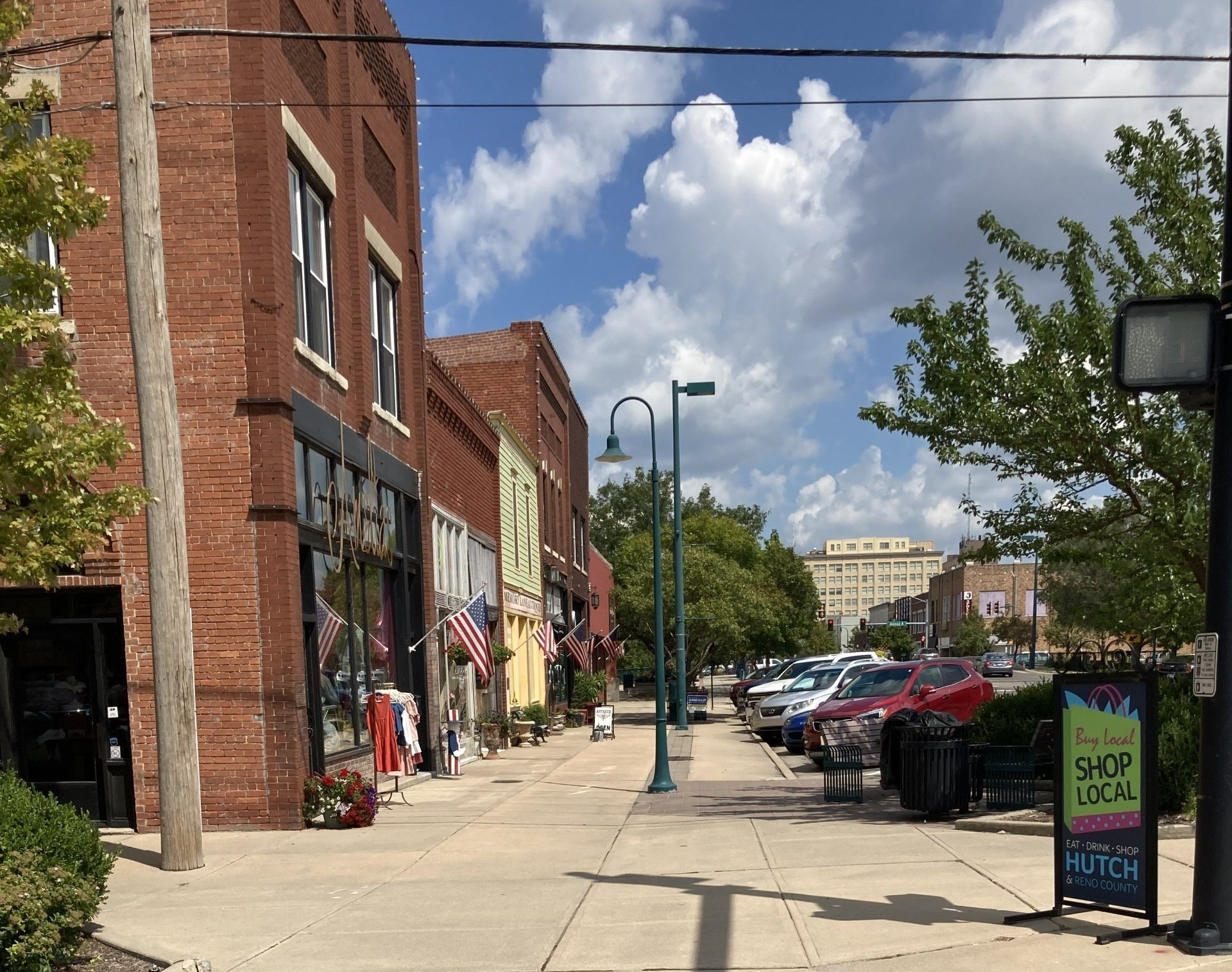
On August 16th and 17th, the Kansas Main Street Team hosted the Upstairs Downtown Workshop. This event, held in downtown Hutchinson, offered presentations by nationally recognized consultants, tours of projects on Hutchinson's Main Street, and community examples from Emporia and others. As the title of the conference suggests, the focus was on downtown real estate, primarily the potential for growth that exists in the oft-forgotten spaces above the streets.
Even though our communities still have residents who remember the glory days of downtowns--vibrant night life, Saturdays spent walking the shops--the reality is that most of us have never experienced that. We've driven past the historic buildings thousands of times, but we've never seen the lights on upstairs. Nearly every community in the state wishes its downtown had more. More people. More retail. More restaurants. More entertainment. This workshop offered guidance on how to begin that rebirth.
Watch the video below to meet the two presenters (Dan Carmody and Mike Jackson) and hear why now is the time to take action in our downtown. When you've finished watching the video, take a few minutes to walk our downtown. Notice the potential second floor housing that exists in our old buildings. Notice the shops and restaurants that already pull people to downtown. Then stop by the Development Corporation office in the Landmark Building and talk to me about your ideas. I'd love to hear what you think our downtown could be.
Innovations in Rural Development:
A Block 22 Case Study
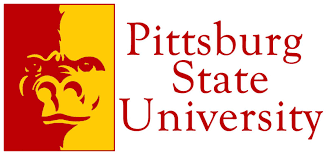
In 2018, Pittsburg State University, in partnership with the City of Pittsburg and the Vecino Group, opened Block 22. This mixed-use space provides downtown housing for 99 PSU students, new food and drink establishments, a business incubator, and office space for business support organizations. Because of its success, the Office of Rural Prosperity hosted a workshop at Block 22 August 31 and September 1. I was fortunate enough to be able to attend--despite the long drive--and learned much about how this project was successful and what we can do as a community to create something similar here.
Leadership is key. From the onset of the workshop, it was clear that local leadership drove this effort. In 2015, downtown Pittsburg looked like many other rural communities--vacant buildings, vacant streets, and no hope. Instead of accepting that as their fate, a group of local champions approached the college and the new city manager and proposed a project. It was audacious, with a price tag of nearly $20 million, 20% of which was provided by the city and the college. But their vision of what could be encouraged them all to proceed.
Locate the right developer. This wasn't a project that the city and college could do alone. They secured a professional developer, and together they made the vision work. What began as an effort to save one building, eventually became the complete renovation of four buildings. The expertise provided by the developer ensured that the work was completed and done accurately.
The community changed. Pittsburg State has always had community support, but moving students to downtown loft apartments and creating a space for thinking and innovation, built an entirely new relationship with the town. Community leaders are dining with college students, retirees are sharing coffee with undergrads. People are walking the streets downtown and returning that space to a vibrancy it hasn't known in decades.
Interactions spur growth. While the living quarters are closed to the public and comprise the upper floors, the true heart of Block 22 is the organic interactions that occur in the changes to the main floors. Since it's development, several new restaurants and micro-breweries have opened, a coffee shop opened, the incubator and innovation center are opened. Each of these spaces--some adjacent to each other and some down the street--have created a downtown experience that makes interacting with people easier and more common. These interactions spark conversations, which spark ideas, which spark businesses.
To learn more about this place, visit their website at https://block22psu.com/ or stop by the office in the Landmark Building, and I can share my own photos and notes from the workshop.
Office of Rural Prosperity and the Kansas Sampler Foundation Release the Power Up & Go Report

Several years ago, Liberal had the opportunity to host the Kansas Sampler Festival. Light Park was filled with vendors from across the state, sharing their stories and selling their products. This was the work of Marci Penner. For several decades, she's been championing the businesses and products that make this state great--visiting every county and every town, finding those next great places for us to visit. Her Kansas Guidebooks are filled with information, and she's often on the road looking for more and updating her recommendations.
More recently, the Kansas Sampler Foundation partnered with the new Office of Rural Prosperity to survey and interview Kansans about their choice to live rural and what can be done to attract more people to our communities. In total, 480 surveys were submitted and 175 in-depth interviews were conducted. The participants ranged in age from 21-39 and represented all 105 counties.
Three goals emerged from the study:
- Make rural life viable, possible and attractive to young people and families--and keep up the momentum in places where this is already happening
- Value diversity in all its forms--in culture, in ideas, in age, in ethnicity, in gender, and in thought
- Support civic champions, entrepreneurs, public servants and volunteers by creating a place that everyone is proud to call home
The link to the full report is available here https://kansassampler.org/
City of Liberal Economic Development News
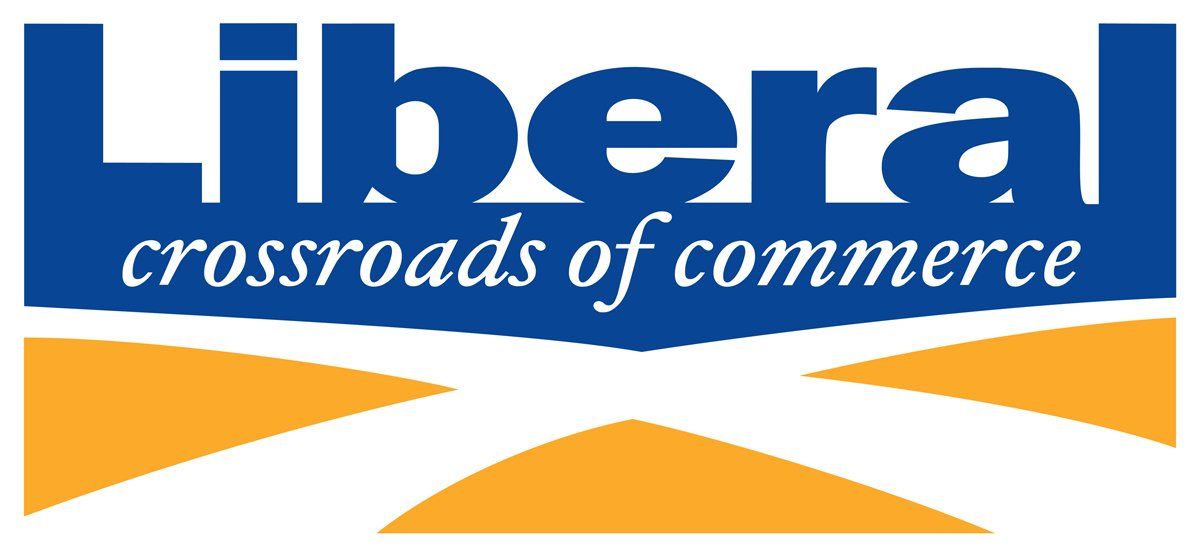
New website for City of Liberal Economic Development Department
The Economic Development Department with the City of Liberal has a new updated website. The new website is easier to navigate and supplies more information about the community and has expanded items a site selector or developer is looking for. Go to www.chooseliberal.com to see the new look!
“We used New Boston Creative again and they were easy to work with and it is very easy for me to make updates and changes,” said Cindy Wallace, Director. “On the home page I was able to add our video highlighting our industrial park areas courtesy of Hutton Construction, as well as add a news section. I added maps of our location in relation to other places in the country. The Real Estate section is very handy, showing available industrial and commercial sites and properties in Liberal and Seward County,” says Wallace.
Wallace said she is still looking for photographs to add to the site that depict life in Liberal and Seward County and if you have any she can use, please contact her at 620-626-2256.
What we're doing this month!

The majority of our work at the development corporation consists of supporting local entrepreneurs and businesses as they start or expand their operations. Through our partners, we can provide the expertise and the funding that these ventures need in order to be successful. These same partners and networks also connect us to resources outside of Seward County. This month will bring new opportunities for learning and networking that can help the businesses and communities here at home. WKREDA Quarterly Conference
- WKREDA (Western Kansas Regional Economic Development Alliance) is comprised of 55 western Kansas counties, and its members range from community and economic development professionals to resource partners like utility providers and manufacturing hubs. We meet quarterly to discuss regional efforts for business attraction, workforce needs, and legislative topics. The meeting travels between host communities. This month, it will be in Ulysses. We hosted this quarterly meeting in September of 2020. Traditionally, the September meeting includes a Legislative Forum with Senators and Representatives from the region. This gives us an opportunity to discuss the upcoming session and relevant legislation.
Share the Information

We select the content for these newsletters based on what we believe can help our communities and our region, but it won't do any good if the right people don't see it. If you know someone who should be reading this but isn't, please help us get this to them. Follow the link below to easily share this newsletter.
